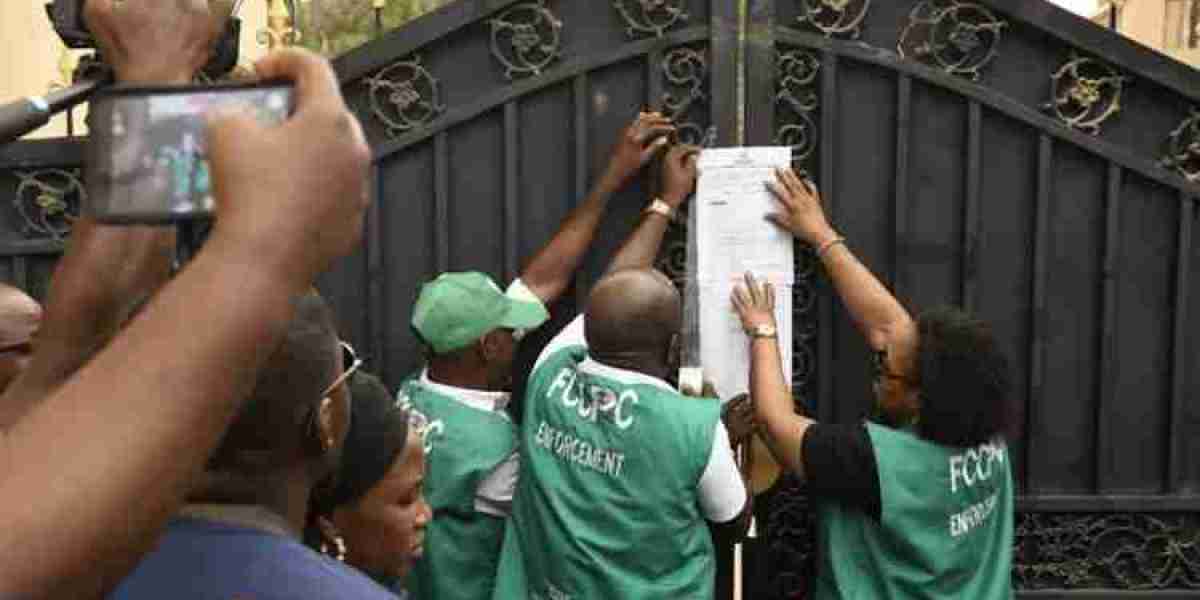Commercial banks in Kenya have about two weeks to disclose details of government accounts they are holding as part of a bigger plan to consolidate public funds from multiple bank accounts into a single account.
National Treasury’s Director General in-charge of Accounting Services & Quality Assurance Bernard Ndung’u said the banks should submit details such as number of government accounts, identity of accountholders, the type of the accounts and the value of the accounts.
These disclosures will help the government decide how these public funds will be mopped up from the banking system.
“First step is to undertake a detailed analysis of the accounts in banks and other financial institutions. This exercise is underway, which will provide visibility of the bank accounts and balances held by banks and financial institutions,” Mr Ndung’u told The EastAfrican in an interview last month.
“Once the baseline is established a decision will be taken on the way forward, taking into account the views of the stakeholders including banks and financial institutions to avoid unintended and/or negative consequences [of the weaning].”
Big banks, often called Tier 1 banks in financial jargon hold the lion’s share of the public funds and stand to face the greatest hit on loss of deposits.
According to Treasury bankers have already been prepared psychologically for the impending withdrawal of government deposits.
“Yes, they (banks) can’t be comfortable. Eventually, the government will move significant balances from them. They have been sensitised to prepare and adjust to this reality eventually,” said Ndung’u.
“As per the cabinet memo, the transition process is expected to take three years.”
Most of government accounts in commercial banks are owned by state corporations and semi-autonomous government agencies (SAGAs) such as Kenya Urban Roads Authority (Kura), Kenya National Highways Authority (Kenha) and Kenya Rural Roads Authority (Kerra) according to the National Treasury.
Ministries, Departments and Agencies (MDAs) on the other hand mostly bank with the Central Bank.
“Phase III, which involves State Corporations and SAGAs is the most delicate, as most bank with commercial banks. MDAs and Counties hold most of their funds at CBK,” said Ndung’u.
“Phase III, including timeframes, will be firmed up after the baseline inventory of the accounts is done. Of course, most of these are in Tier 1 banks.”
In 2018, East African Community (EAC) partner states agreed to close down multiple bank accounts operated by their ministries, departments and agencies and keep their revenues in a single account each as part of efforts to increase transparency and accountability in the use of public funds.
The partner states agreed on the Treasury Single Account (TSA) to ensure proper oversight of government cash flows and to reduce the cost of keeping public money in several commercial banks.
Kenya is moving faster on this front, with Public Finance (Administration and Management) Regulations 2013, setting the stage for creation of the single government account.
President William Ruto said in the beginning of this year that interest earned on government deposits in commercial banks belongs to taxpayers rather than to a few individuals.
Removing a huge chunks of government deposits from commercial banks will indeed impact the liquidity of the lenders.
Removing a huge chunks of government deposits from commercial banks will indeed impact the liquidity of the lenders.
The extent of the damage will be assessed based on the value of the deposits which will be known after one month when the baseline inventory of the accounts is completed. Full implementation of the TSA is expected to happen within a three-year period.
Kenya is implementing a TSA model where it will not necessarily require state-owned entities to close their accounts with commercial banks.
However, these accounts will remain dormant with no idle cash since payments by these state entities will be on real-time basis.
“But it’s not true that all the accounts in commercial banks will be closed. Public entities will continue to hold operational accounts in commercial banks, but all the idle funds and deposits will be held at CBK,” said Ndungu.
Reports by the auditor general and controller of budget have revealed massive wastage and looting of public funds by national and county governments and state corporations and SAGAs.
Close monitoring of public spending is expected to minimise the massive wastage and looting of public funds by national and county governments.



